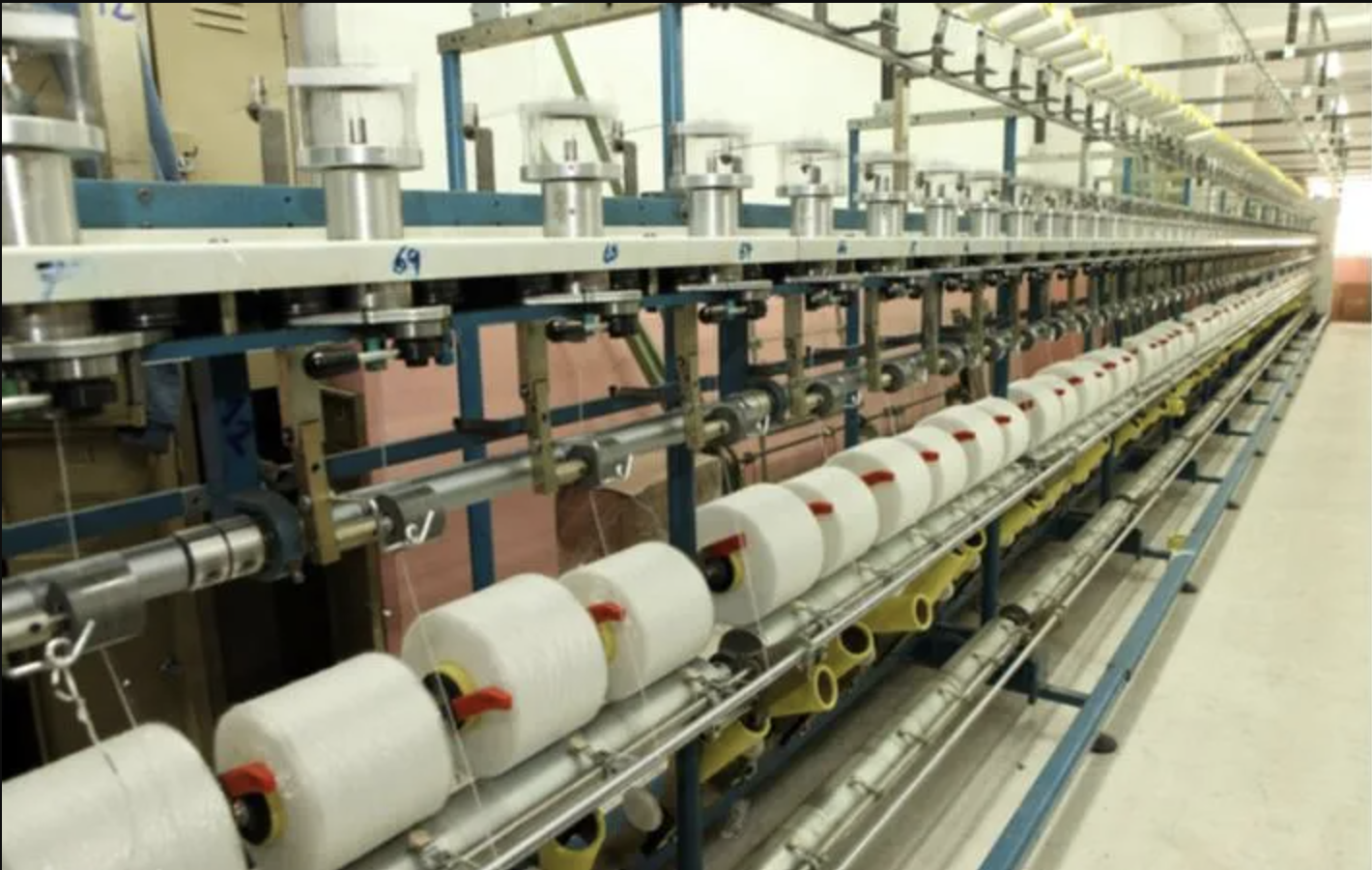By: Phephile Motau and Muzi Dlamini
Textile workers in the country cannot afford the essential commodities and have indicated that they have resorted to sex work to supplement their income. The workers have been on strike for the past few weeks, demanding a salary of E15 per hour. Some are earning E11 per hour, bringing it to E1 760 per month. The employers have brought E12 per hour as their offer, which would take their salaries to about E1 920 per month. Earning E15 per hour would result in a textile worker who works eight hours a day, five hours a week, taking home about E2 600.

The Regulation of Wages for the Manufacture and Sale of Handicraft Industry Order 2022 specifies the minimum wage for textile workers. The lowest minimum wage is E275 per week, translating to E1 200 per month. This includes people employed as general labourers and washers. The second grade includes machinist assistants, and their minimum wage is E353.05 per week. The next grade includes weavers, dyers, machine operators and machinists and these are entitled to a minimum of E423 per week. The highest-paid grade includes master weavers, and they get a minimum of E627.73 per week.
Calculations made by Eswatini Financial Times prove that the textile workers cannot afford even the basic commodities per month with what they currently earn. Lungile Ngozo said she took E1 600 home after deductions. From that amount, she will have to deal with buying groceries to last until the next pay cheque, paying rent, electricity, water and transport to go to work. A visit to the supermarket to buy the basics painted a grim picture for those who earn less than E3 000. The basic groceries will cost not less than E1 000, and these will just be enough for a person without children for the whole month.
Coupled with their many challenges, many people have had to adjust to increases in water, electricity, transport, and bread since May started. They are now going to be hit by another price increment following the National Maize Corporation (NMC) announcement that maize prices would be going up. Currently, a 10 kg bag of mealie meal costs E100.
Ngozo said she needed the money to have a decent living as she could not even afford the basics, including food on her own. Her payslip shows that she had a net salary of E1 652.60. She said that besides paying for her amenities, she also had to send some money back home to take care of her children, and she could not afford that. Ngozo’s children are in primary school, so her burden is lessened by the government’s free primary education (FPE). However, she still needs to feed them and ensure they have transport money to get to school.
“All of us need the salary increase. Life is very difficult. I am currently not up to date with my rent, and I still have to pay for my children to get to school,” she said.
Amalgamated Trade Union of Swaziland (ATUSWA) Secretary general Wander Mkhonza said it was an open secret that HIV among textile workers was high. He said this was because they resorted to sex work to supplement their pay.
“They state it categorically clear that they work on textile firms by day and work the streets at night,” he said. Mkhonza added that they were fighting for the money to increase to at least E15 per hour to allow textile workers to earn an honest living, increasing their salaries to close to E3 000 per month. He said the amount they earned was ridiculous compared to the money made by the firms daily. “One of them recently took us to court and stated that they had lost E8 million during a half-day of a strike action,” he said.
Mkhonza added that the textile workers made clothes they could not even afford to buy. Besides paying rent, food and transport, they still had to care for their families at home. It’s a similar picture for those who work in retail. A shop assistant who did not want to be named told the publication that life was extremely difficult for her. She said she earns a salary of E1 800 per month, which she must buy food, get to work and save some for school.
“I want to go back to school, so I’m using the job to raise funds. It’s not easy, though, because most of that money ends up being spent on transport to get to work and buy the bare necessities,” she said. The shop assistant added that, at times, she found herself having to borrow money just to get through the month, which means her next salary will be short after repaying everyone.
“It’s just a vicious cycle that we somehow have to live with because of the low wages,” she said.
Break down some of the monthly expenses of a textile worker living alone:
Net pay: E1656
Expenses:
• Groceries – E1 000
• Transport to work – E560
• Rent – E600
• Electricity – E200
• Water – E100
Total- E2 460






